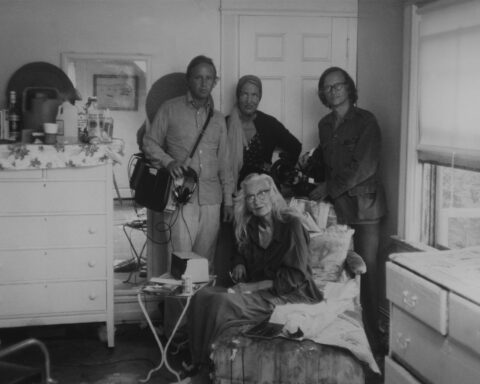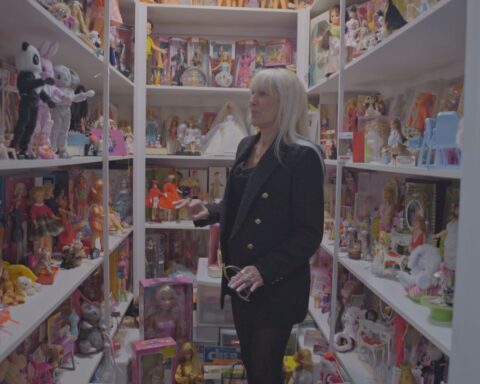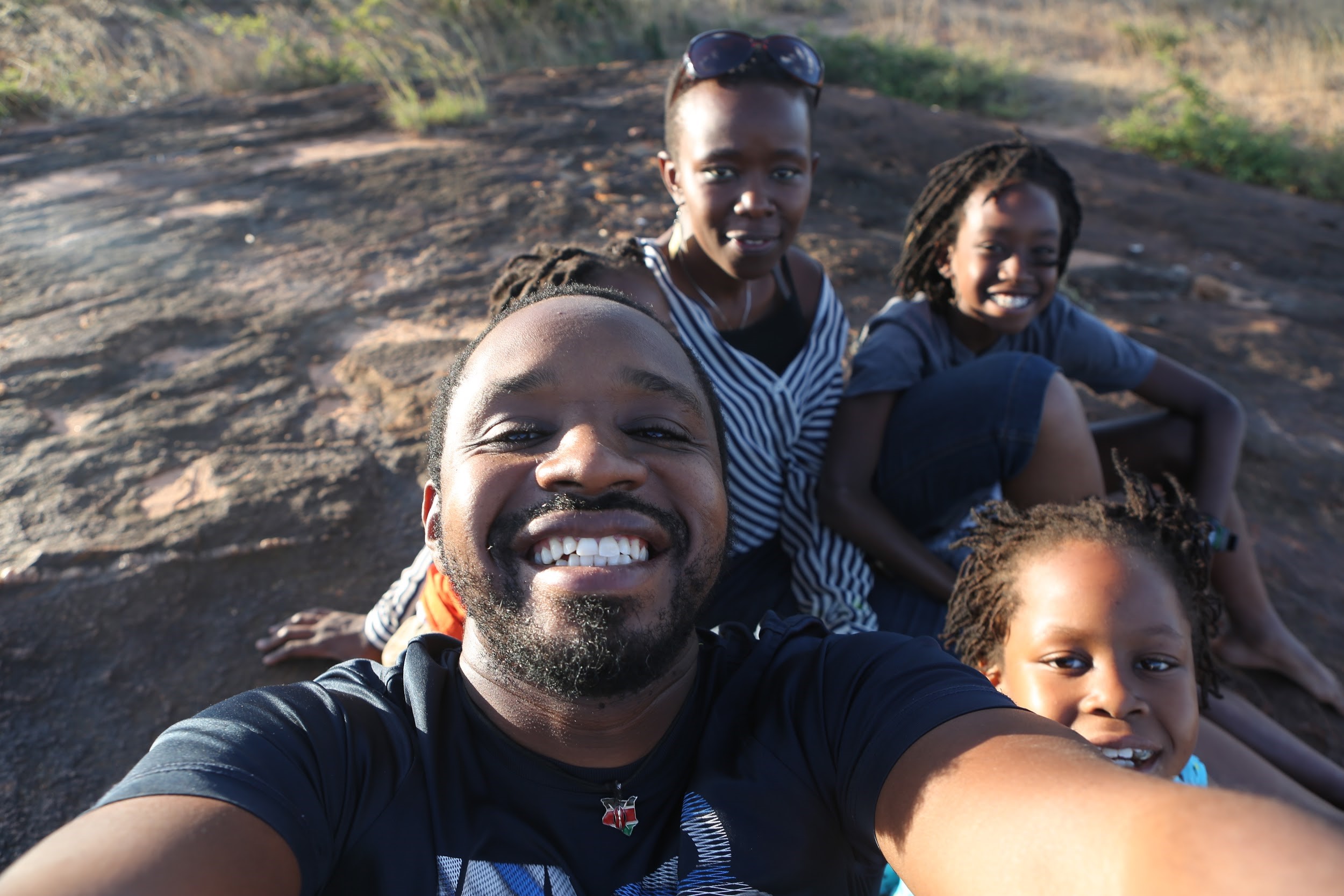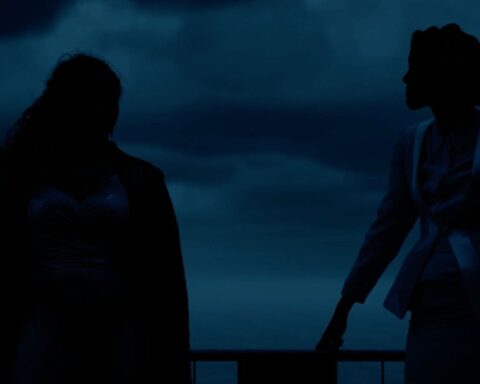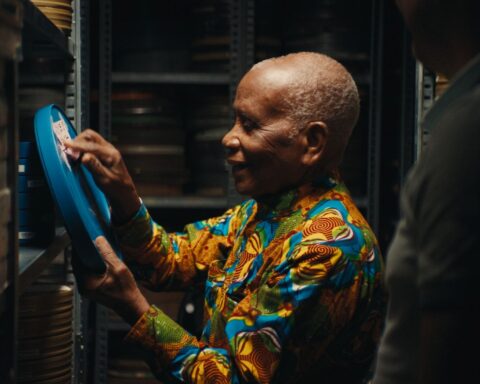The World Is Bright
(Canada,116 min.)
Dir. Ying Wang
Ying Wang’s movie about a Chinese couple doing everything in their power to find out how their son died in Canada is ostensibly about the ways our country fails its immigrants. But The World Is Bright’s emotional charge is triggered by what it uncovers about family devotion.
When they receive word that their son Shi-Ming has killed himself and is buried in Vancouver, his parents, Li and Deng, are perplexed. Suicide doesn’t mesh with their idea of the bright son they sent abroad to study. And how could the authorities bury him without contacting them?
They head to Vancouver to investigate. Director Wang’s camera is with them from the start, when Shi-Ming’s Vancouver roommate reveals how he found him dead clutching an empty bottle of alcohol, with an empty bottle of pills beside him.
Li and Deng learn that Shi-Ming was feeling hugely stressed by his isolation as a newcomer and the demands of his schoolwork. He began to develop symptoms of mental illness, was convicted of assault and received a one-day sentence. Just before he died, he was treated improperly by border guards as he tried to return from China after a visit and encountered overzealous government representatives who overstepped their actual authority.
Li and Deng decide to fight back, and convince immigration rights lawyer Lawrence Wong to take their case, or cases as it turns out, which stretch out over a seven-year period.
This is, in part, some of the difficulty with this documentary. The plaintiffs are fighting on so many fronts–tracing the quick burial, challenging the mistreatment by border authorities and, most important, claiming that the government of Canada was responsible for Shi-Ming’s death–that it’s easy to get lost in the detail.
The film is too long. Some of this has to do with the wealth of interviews Wang undertook with family members, including Shi-Ming’s ex-wife in Canada, and with reenactments aimed at setting the proper mood but which aren’t always necessary.
Entirely new themes emerge when the movie takes a turn towards Deng’s extended family back in China, probing Chinese culture and the expectations children face from their parents. Bu it’s not as if Wang could have left this element out. It gives the doc one of its strongest emotional moments, as Deng and Li deal with their own guilt.
As their legal claims are rejected one by one, the struggle starts taking a toll on Deng’s health. In conversations with Wong it’s clear that they’re unlikely to win. But every time Deng tries to convince Li to give up, she refuses, and he can’t bear to disappoint her.
Shi-Ming’s story notwithstanding, the relationship between Deng and Li gives this film its emotional core. Stick with it to the end–it’s a heartbreaker.
The World Is Bright screens at Hot Docs’ online festival beginning May 28.
Visit the POV Hot Docs Hub for more coverage from this year’s festival.




